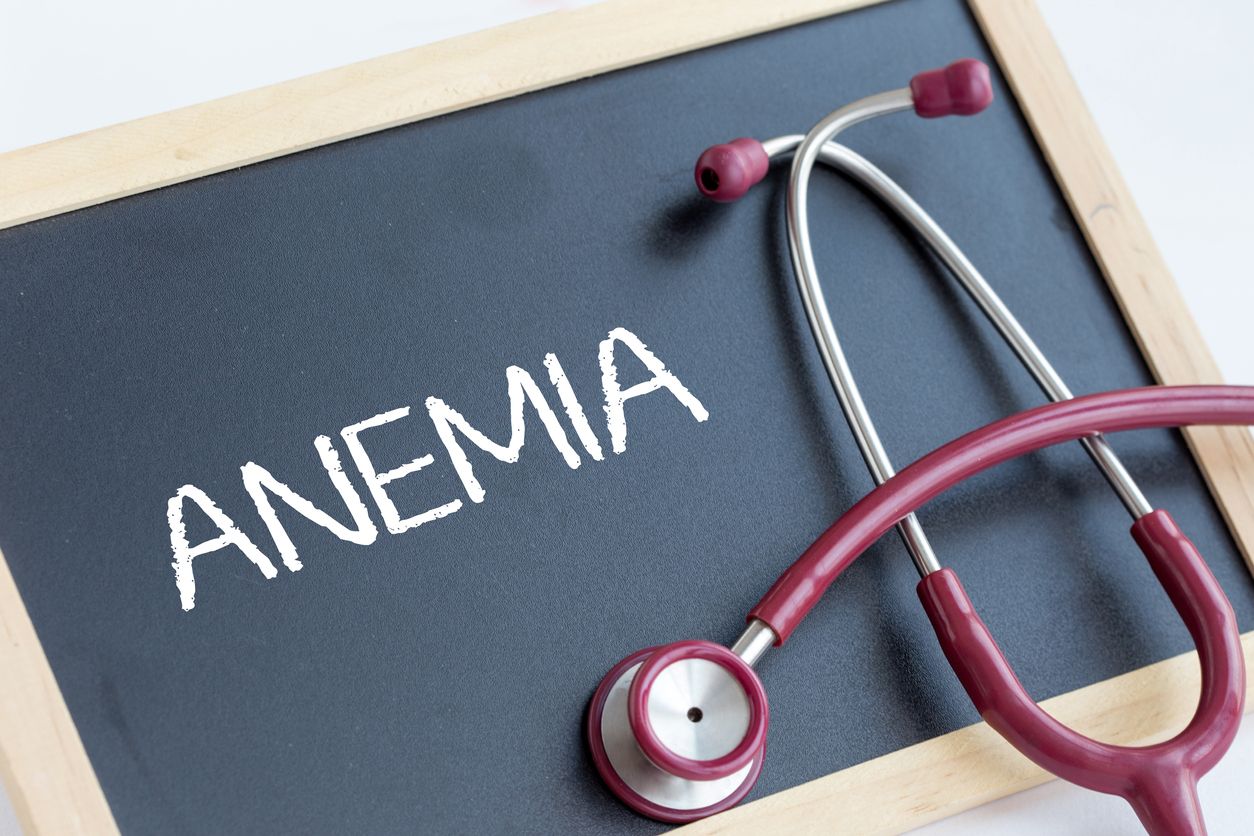15 Foods that Help Lower Cholesterol
Oats:
Oats are a great source of soluble fiber which can help reduce the absorption of cholesterol into your bloodstream.
Barley and other whole grains:
These can help lower the risk of heart disease mainly via the soluble fiber they deliver.
Beans:
Beans are also high in soluble fiber and they take a while for the body to digest meaning you feel full for longer after a meal.
Nuts:
Studies have shown that eating almonds walnuts peanuts and other nuts can be good for the heart.
Vegetable oils:
Using liquid vegetable oils such as canola sunflower safflower and others in place of butter lard or shortening when cooking or at the table helps lower LDL (Low-Density Lipoprotein or "bad" cholesterol).
Fatty Fish:
Eating fish two or three times a week can lower LDL in two ways: by replacing meat which has LDL-boosting saturated fats and by delivering LDL-lowering omega-3 fats.
Fruits and vegetables:
These are high in fiber including cholesterol-lowering soluble fiber and they're low in saturated fat.
Fiber supplements:
Supplements like psyllium husk can provide you with extra fiber which can help lower your LDL cholesterol.
Avocados:
These fruits are a rich source of monounsaturated fats and fiber — two nutrients that help lower "bad" LDL and raise "good" HDL cholesterol.
Soy:
Consuming soybeans and foods made from them like tofu and soy milk was once touted as a powerful way to lower cholesterol.
Garlic:
It’s believed that garlic can help lower blood pressure and cholesterol levels although the effect is relatively small.
Dark Chocolate and Cocoa:
Some research suggests that dark chocolate and cocoa may reduce LDL cholesterol and increase HDL cholesterol.
Flaxseeds:
These seeds are a great dietary source of omega-3 fatty acids fiber and other nutrients. Flaxseed can reduce total cholesterol and LDL cholesterol levels.
Green Tea:
This beverage contains catechins and other antioxidant compounds that have been shown to lower cholesterol levels.
Extra Virgin Olive Oil:
This oil is high in monounsaturated fats and has been shown to reduce heart disease risk factors including LDL cholesterol.
Remember to also maintain a balanced diet exercise regularly and consult with a healthcare professional before making major changes to your diet or taking supplements.
1 Almonds
Almonds which are high in unsaturated fats put in a lot of effort to increase good HDL cholesterol and decrease bad LDL cholesterol. Additionally they reduce LDL's propensity to oxidise which aids in preventing artery buildup and restricted blood flow to the heart. However keep in mind that almonds have a high-calorie content when you nibble on them.
2 Orange Juice
Orange juice is very beneficial to the body. Numerous phytosterols substances produced from plants that are proven to decrease LDL cholesterol are present in some brands. Bread soymilk milk cheese and margarine enriched with sterols all have comparable effects. Although an 8-ounce glass of orange juice is good for you you should consult a doctor to make sure it won't affect any drugs you're taking. If you have diabetes or pre-diabetes you should also consult your doctor because fruit juice might cause blood sugar levels to rise.
3 Olive Oil
Thanks to a wealth of antioxidants and beneficial monounsaturated fats this wonder oil will raise the good and decrease the bad. Olive oil has a lot of phenols which are natural compounds that reduce the risk of blood clots. If your diet needs to be changed think about replacing another fat with two tablespoons of olive oil daily.
4 Steamed asparagus
Vegetables' capacity to bind to bile acids in the intestine is improved by steaming. In order to create bile bound bile acids use up more cholesterol which results in fewer bad fats floating about in your system. This applies to other vegetables as well. After a fast steam okra carrots beets green beans eggplants and cauliflower all become slightly more heart-healthy.
5 Muesli
Breakfast is considered to be the most significant meal of the day for a reason. Warm muesli is a great way to start your morning and add some nutritious ingredients to your diet. Oats are the best whole grains for obtaining soluble fibre. A gel known as soluble fibre stops the bloodstream from absorbing cholesterol. To lower bad cholesterol consume five to ten grammes of soluble fibre daily or at least one and a half bowls of muesli. Including toppings like chopped apples might help your first meal have more fibre.
6 Pinto beans
Additionally pinto beans are rich in soluble fibre. A simple daily addition of a half cup of pinto beans can reduce the absorption of cholesterol. Pinto beans offer flavour and nutrition to chilli tacos and other traditional Mexican dishes. If using canned beans in place of fresh beans make sure you thoroughly rinse them to remove any extra sodium.
7 Blueberries
The nutritional superstar status of blueberries includes advantages for lowering cholesterol. The berries cut LDL cholesterol levels which may lower the risk of heart disease. Eat them fresh frozen or freeze-dried and you'll be on the road to better health.
8 Tomatoes
Lycopene-rich tomatoes can help you get rid of harmful LDL cholesterol. In addition to lowering harmful LDL cholesterol lycopene may also slightly raise good HDL cholesterol. To benefit consume at least 25 milligrammes of tomato-based products each day for a few weeks.
9 Avocados
Avocados are a great source of monounsaturated fats which are good for your heart and are also found in olive oil. Avocado consumption may gradually increase HDL cholesterol and decrease LDL cholesterol. Additionally avocados might lower blood lipids. The mild creamy delight can be mashed into guacamole spread on crackers sliced over sandwiches or stirred into salads.
10 chocolate
Everyone who enjoys chocolate rejoice! Chocolate may be good for your heart in moderation. Flavonoids which are antioxidants that decrease harmful cholesterol are abundant in dark chocolate. Dark chocolate also has those healthy monounsaturated fats. But always read the labels. Make sure the chocolate contains at least 70% cocoa for true benefits. Otherwise the snack's beneficial oleic acid content is insufficient to provide all the benefits. Up to one ounce of dark chocolate per day can be beneficial for the majority of people.
11 Barley
Barley provides a significant increase in your food intake thanks to its high antioxidant and magnesium content. According to studies the soluble fibre in barley helps to maintain good digestive health while lowering the absorption of harmful cholesterol. All that fibre can make you feel satisfied and less hungry or seeking food. The healthiest variety of barley is hulled which is a complete grain that helps reduce the risk of heart disease and other chronic illnesses. More readily available and nutritious options are pearl barley. The well-liked cereal grain can be added to soups stews snacks and cereal bars. It is also simple to consume.
12 Eggplant
The nutrients fibre folic acid and magnesium are all abundant in eggplant. Recent studies have shown that aubergine juice which is low in calories and high in vitamins lowers harmful cholesterol. With only 25 calories per 100 grammes and a high nutrient content this low-calorie dish as long as it isn't drenched in oil produces a nutritious lunch. Roast pasta casserole and aubergine dip are excellent ways to increase your food intake while lowering your cholesterol. Additionally aubergine has chlorogenic acid which supports the immune system.
13 Fruits High in Pectin
A natural fibre called pectin can be found in the peel and pulp of some fruits. Jam and jelly producers love it because when pectin is heated with a liquid it thickens and gels to form a gel. Fruits with higher pectin contents than others include apples pears and plums. Citrus fruits' pulp and peels are also rich sources of pectin. According to studies increasing pectin intake lowers total cholesterol. A minimum of five servings of fruit each day especially those with a high pectin content can lower bad cholesterol and preserve nutritional levels.
14 Soy
Tofu edamame tempeh and miso are examples of soy products created from high-protein soybeans.Low in saturated fat and high in fibre soy protein promotes healthy digestion and reduces the risk of cardiovascular disease.25 grammes of soy protein per day can reduce LDL cholesterol by 3 to 4% according to research. Switching to soy-based proteins even a few times per week can improve your diet and prevent cholesterol from blocking your arteries.
15 Fatty Fish
With less fat than other animal meat fish is an excellent source of protein. Because there are so many omega-3 fatty acids in fish even fatty varieties have health advantages. Compared to the dangerous saturated fat found in the majority of meat products these beneficial fats are better for you.As just a few examples salmon tuna and trout all include heart-healthy lipids that help decrease triglycerides. Two times every week experts advise eating fatty fish that has been baked or grilled. Wild-caught salmon and sardines are wise alternatives as they are less likely to have significant concentrations of heavy metals than larger fish.






